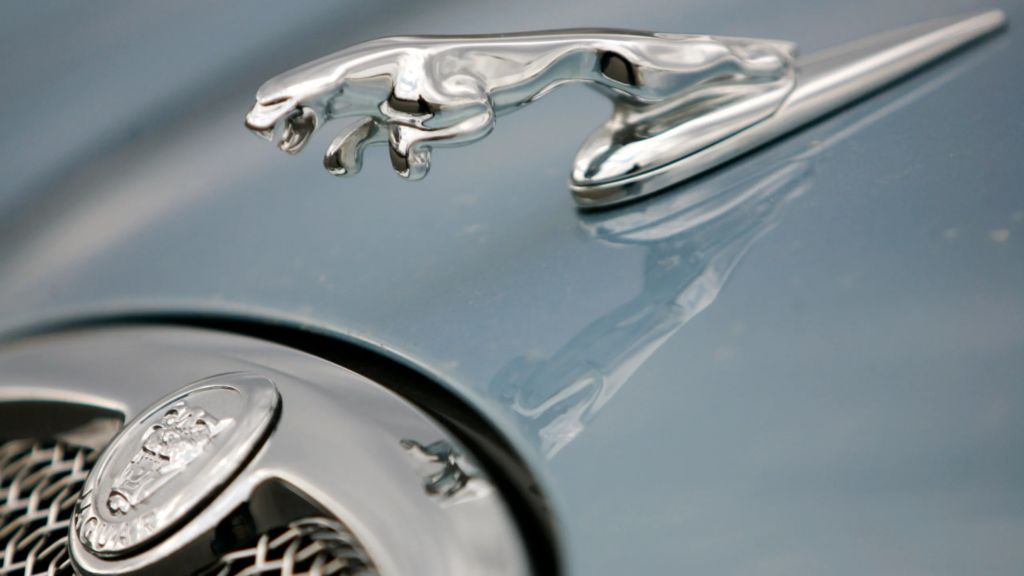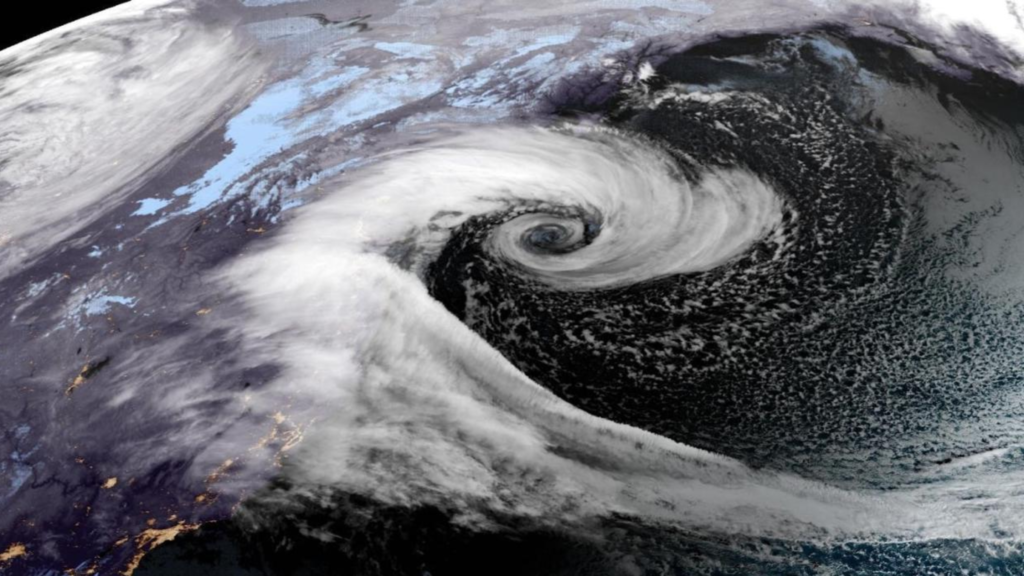When it comes to your vehicle, you want to ensure that your car insurance policy provides the coverage you need. But does your car insurance actually cover repairs? The answer may surprise you. Let’s explore the intricacies of car insurance coverage and uncover the truth behind what’s included and what’s not.
Understanding Car Insurance Coverage
It’s important to know the different types of car insurance coverage. Most states require a minimum level of liability insurance. This covers damages and injuries to others if you cause an accident. But, it doesn’t cover repairs to your own car.
To protect your car from more incidents, add comprehensive and collision coverage to your policy. Comprehensive covers damages from vandalism, theft, natural disasters, and animal collisions. Collision coverage pays for repairs if your car is damaged in an accident, no matter who’s at fault.
Your policy might also include extra coverages like medical payments, personal injury protection, and uninsured/underinsured motorist coverage. Knowing what your policy covers helps you make smart choices. It ensures you have the right liability coverage, minimum requirements, property damage, and injury costs for your needs.
Damages Not Covered by Standard Car Insurance
Car insurance is very important, but it has its limits. Most policies don’t cover the cost of fixing problems caused by wear and tear or mechanical breakdowns that aren’t accidents. This means things like engine failures or transmission issues aren’t usually covered.
Also, things like oil changes, tune-ups, and replacing brake pads are not covered. These are things you need to take care of yourself to keep your car running well.
It’s crucial to read your car insurance policy well. This way, you know what’s covered and what’s not. Knowing this can help you budget for unexpected costs and make sure your car is well protected.
Car Repair Insurance and Mechanical Breakdown Coverage
If you worry about repair costs, think about mechanical breakdown insurance (MBI) or car repair insurance. It’s like an extended warranty. It covers repairs to key engine parts and other important parts if your car breaks down. But, it’s key to know the coverage limitations, like age and mileage rules, which might not cover all wear and tear.
Olive.com® offers mechanical breakdown insurance. It starts at midnight on your first monthly payment. It covers cars up to 10 years old and 140,000 miles. Olive also covers up to 185,000 miles for cars with less than 140,000 miles. With a Google 5-Star and BBB A+ rating, Olive’s MBI is backed by QBE, a global insurance leader with $4.775 billion in 2020 Gross Written Premiums.
Mechnical breakdown insurance and extended warranties can be great for your car insurance. They help reduce the cost of unexpected repairs. By knowing the coverage limitations and looking at good providers, you can get the right protection for your car and budget.
Top Car Insurance Providers for Repair Coverage
Looking for car insurance that covers repair costs? Several top providers are here to help. Geico, Progressive, and American Family lead the way with their mechanical breakdown insurance or similar repair coverage.
Geico’s MBI plans are great for new and leased cars under 15 months old with less than 15,000 miles. They offer peace of mind against unexpected mechanical breakdown insurance costs. Progressive’s MBI adds extra benefits like trip interruption and rental car coverage, protecting you more on the road.
If you’re looking for something different, American Family has teamed up with ForeverCar. They offer subscription-based vehicle service contracts. These can cover repairs up to 225,000 miles, perfect for those who want long-term repair coverage for their cars.
Car Insurance and Accidents
If your vehicle is damaged in an accident coverage, your car insurance may help. Collision coverage pays for repairs if you’re at fault. Comprehensive coverage covers damages from things like animal collisions or falling objects.
But, car insurance won’t cover mechanical problems or wear and tear not caused by an accident. Most policies include collision coverage for repairs. They may also cover medical bills and personal injury protection.
Uninsured/underinsured coverage can help with repairs, rental cars, and pain and suffering. The deductibles for this are often lower than for collision. Insurance companies should pay for repairs, medical bills, and a rental car after an accident. But, there’s no guarantee they will.
Car Insurance and Vehicle Warranties
Car insurance and vehicle warranties are important for your car’s safety. Your manufacturer’s warranty covers some mechanical issues. But, it doesn’t offer the same protection as mechanical breakdown insurance (MBI) or an extended warranty.
MBI and extended warranties help with repairs not covered by your insurance or the original warranty. New car warranties usually last 3 years or 36,000 miles. Extended warranties can cover your car for longer, even after the first warranty ends.
It’s key to know what car insurance and warranties cover. Insurance pays for property damage, injuries, and damage to your car. But, it doesn’t cover wear and tear or mechanical failures. Warranties protect against parts failure due to normal use, but not accidents.
Knowing the differences between car insurance and warranties helps you protect your car. This way, you can keep your car in good shape for a long time.
Conclusion
It’s key to know what your car insurance covers. It’s not all about accidents or collisions. Routine maintenance and unexpected mechanical issues are often not included.
Adding comprehensive and collision coverage can help. You might also look into mechanical breakdown insurance or extended warranties. These can protect your wallet from high repair costs.
Knowing your car insurance options is crucial. It helps you manage the costs of owning a car. By understanding what’s not covered, you can take steps to protect your investment. This brings peace of mind and financial security.
FAQ
Does my car insurance cover repairs?
Your car insurance might cover some repairs. But, it depends on the repair type and the cause. Most policies don’t cover wear and tear or mechanical failures.
What types of coverage do I need to protect my vehicle?
You need liability insurance to cover damages to others in accidents. For your car, add comprehensive and collision coverage.
What types of damages are not covered by standard car insurance?
Standard policies don’t cover wear and tear or mechanical issues. This includes engine failures and transmission problems.
Is there insurance coverage that can help with mechanical repairs?
Yes, some insurers offer mechanical breakdown insurance (MBI). It covers repairs to key engine parts and other essential parts in breakdowns.
Which car insurance providers offer mechanical breakdown insurance or similar repair coverage options?
Geico, Progressive, and American Family offer mechanical breakdown insurance. They also have similar repair coverage options.
How does car insurance coverage work in the event of an accident?
After an accident, your insurance might cover repairs. Collision coverage helps if you’re at fault. Comprehensive coverage covers damages from other events.
How do car insurance and manufacturer’s warranties differ in coverage?
Manufacturer’s warranties cover some mechanical issues. But, they have limits. They don’t offer the same protection as mechanical breakdown insurance or extended warranties.Does Car Insurance Cover Repairs?
When it comes to your vehicle, you want to ensure that your car insurance policy provides the coverage you need. But does your car insurance actually cover repairs? The answer may surprise you. Let’s explore the intricacies of car insurance coverage and uncover the truth behind what’s included and what’s not.
Understanding Car Insurance Coverage
It’s important to know the different types of car insurance coverage. Most states require a minimum level of liability insurance. This covers damages and injuries to others if you cause an accident. But, it doesn’t cover repairs to your own car.
To protect your car from more incidents, add comprehensive and collision coverage to your policy. Comprehensive covers damages from vandalism, theft, natural disasters, and animal collisions. Collision coverage pays for repairs if your car is damaged in an accident, no matter who’s at fault.
Your policy might also include extra coverages like medical payments, personal injury protection, and uninsured/underinsured motorist coverage. Knowing what your policy covers helps you make smart choices. It ensures you have the right liability coverage, minimum requirements, property damage, and injury costs for your needs.
Damages Not Covered by Standard Car Insurance
Car insurance is very important, but it has its limits. Most policies don’t cover the cost of fixing problems caused by wear and tear or mechanical breakdowns that aren’t accidents. This means things like engine failures or transmission issues aren’t usually covered.
Also, things like oil changes, tune-ups, and replacing brake pads are not covered. These are things you need to take care of yourself to keep your car running well.
It’s crucial to read your car insurance policy well. This way, you know what’s covered and what’s not. Knowing this can help you budget for unexpected costs and make sure your car is well protected.
Car Repair Insurance and Mechanical Breakdown Coverage
If you worry about repair costs, think about mechanical breakdown insurance (MBI) or car repair insurance. It’s like an extended warranty. It covers repairs to key engine parts and other important parts if your car breaks down. But, it’s key to know the coverage limitations, like age and mileage rules, which might not cover all wear and tear.
Olive.com® offers mechanical breakdown insurance. It starts at midnight on your first monthly payment. It covers cars up to 10 years old and 140,000 miles. Olive also covers up to 185,000 miles for cars with less than 140,000 miles. With a Google 5-Star and BBB A+ rating, Olive’s MBI is backed by QBE, a global insurance leader with $4.775 billion in 2020 Gross Written Premiums.
Mechnical breakdown insurance and extended warranties can be great for your car insurance. They help reduce the cost of unexpected repairs. By knowing the coverage limitations and looking at good providers, you can get the right protection for your car and budget.
Top Car Insurance Providers for Repair Coverage
Looking for car insurance that covers repair costs? Several top providers are here to help. Geico, Progressive, and American Family lead the way with their mechanical breakdown insurance or similar repair coverage.
Geico’s MBI plans are great for new and leased cars under 15 months old with less than 15,000 miles. They offer peace of mind against unexpected mechanical breakdown insurance costs. Progressive’s MBI adds extra benefits like trip interruption and rental car coverage, protecting you more on the road.
If you’re looking for something different, American Family has teamed up with ForeverCar. They offer subscription-based vehicle service contracts. These can cover repairs up to 225,000 miles, perfect for those who want long-term repair coverage for their cars.
Car Insurance and Accidents
If your vehicle is damaged in an accident coverage, your car insurance may help. Collision coverage pays for repairs if you’re at fault. Comprehensive coverage covers damages from things like animal collisions or falling objects.
But, car insurance won’t cover mechanical problems or wear and tear not caused by an accident. Most policies include collision coverage for repairs. They may also cover medical bills and personal injury protection.
Uninsured/underinsured coverage can help with repairs, rental cars, and pain and suffering. The deductibles for this are often lower than for collision. Insurance companies should pay for repairs, medical bills, and a rental car after an accident. But, there’s no guarantee they will.
Car Insurance and Vehicle Warranties
Car insurance and vehicle warranties are important for your car’s safety. Your manufacturer’s warranty covers some mechanical issues. But, it doesn’t offer the same protection as mechanical breakdown insurance (MBI) or an extended warranty.
MBI and extended warranties help with repairs not covered by your insurance or the original warranty. New car warranties usually last 3 years or 36,000 miles. Extended warranties can cover your car for longer, even after the first warranty ends.
It’s key to know what car insurance and warranties cover. Insurance pays for property damage, injuries, and damage to your car. But, it doesn’t cover wear and tear or mechanical failures. Warranties protect against parts failure due to normal use, but not accidents.
Knowing the differences between car insurance and warranties helps you protect your car. This way, you can keep your car in good shape for a long time.
Conclusion
It’s key to know what your car insurance covers. It’s not all about accidents or collisions. Routine maintenance and unexpected mechanical issues are often not included.
Adding comprehensive and collision coverage can help. You might also look into mechanical breakdown insurance or extended warranties. These can protect your wallet from high repair costs.
Knowing your car insurance options is crucial. It helps you manage the costs of owning a car. By understanding what’s not covered, you can take steps to protect your investment. This brings peace of mind and financial security.
FAQ
Does my car insurance cover repairs?
Your car insurance might cover some repairs. But, it depends on the repair type and the cause. Most policies don’t cover wear and tear or mechanical failures.
What types of coverage do I need to protect my vehicle?
You need liability insurance to cover damages to others in accidents. For your car, add comprehensive and collision coverage.
What types of damages are not covered by standard car insurance?
Standard policies don’t cover wear and tear or mechanical issues. This includes engine failures and transmission problems.
Is there insurance coverage that can help with mechanical repairs?
Yes, some insurers offer mechanical breakdown insurance (MBI). It covers repairs to key engine parts and other essential parts in breakdowns.
Which car insurance providers offer mechanical breakdown insurance or similar repair coverage options?
Geico, Progressive, and American Family offer mechanical breakdown insurance. They also have similar repair coverage options.
How does car insurance coverage work in the event of an accident?
After an accident, your insurance might cover repairs. Collision coverage helps if you’re at fault. Comprehensive coverage covers damages from other events.
How do car insurance and manufacturer’s warranties differ in coverage?
Manufacturer’s warranties cover some mechanical issues. But, they have limits. They don’t offer the same protection as mechanical breakdown insurance or extended warranties.






